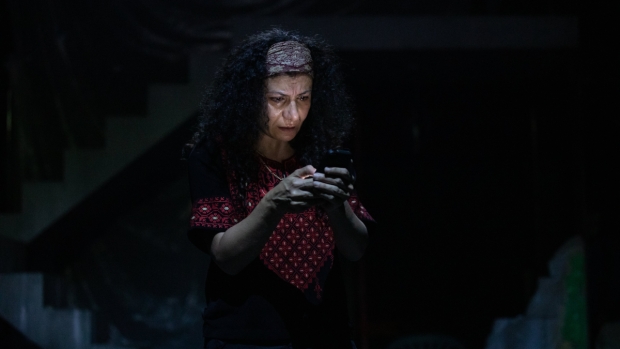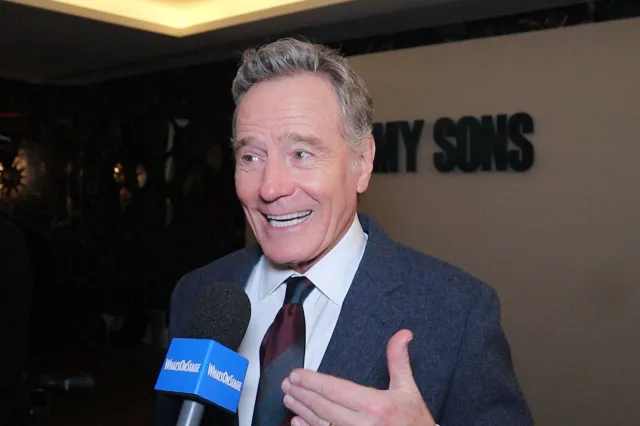Two Palestinians Go Dogging at the Royal Court Theatre – review
The subversive show offers an original take on the Middle East

© Ali Wright
Rarely does the title capture a play's most subversive idea as pithily as this. Two Palestinians Go Dogging imagines a Palestinian couple who join fellow villagers for outdoor sex on contested territory guarded by Israeli soldiers. Comedy boxer shorts come out in the very first scene – though naturally, dogging is only part of the story. Reem and Sayeed soon find themselves caught up in a much bigger struggle about transgression in various forms, whether that's in boundary-breaking sex or in land disputes. Sami Ibrahim's new show offers an original metaphor for Middle Eastern politics – making an ironic statement at the outset that there will, of course, be no jokes involved.
Reem instantly breaks that promise. "If a Palestinian doesn't have an Israeli Defence Forces sniper trained on them, are they even a Palestinian?" she quips bleakly. Hala Omran is wonderful in this central role; so fierce and impassioned as she guides us through the story of an imagined Palestinian uprising more than 20 years in the future. Crucially, it transpires that Reem is a mother on a revenge mission against an Israeli soldier. But an appearance from that soldier's father, Adam (Philipp Mogilnitskiy) serves as a reminder that there are always multiple perspectives at work.
Considering the personal alongside the political, Ibrahim uses parenthood to show how a conflict becomes protracted when attitudes are passed from generation to generation. Reem's son Jawad (Luca Kamleh Chapman) becomes a hero of the Palestinian uprising. As for Adam, he claims his forefathers have been fighters in the region since the time of the Babylonians and Israelites; recalling how one battle led to another battle, which led to another battle, almost ad infinitum.
Miltos Yerolemou proves an entertaining foil as Sayeed – an almost unbelievably circumspect husband who reminds the audience that his wife Reem is giving a particular spin on events. He trots around with a dictionary to proffer more politically-correct words. The play is self-reflective like that, calling overt attention to the importance of language and even stage directions, too. Director Omar Elerian has playful fun with this, but manages to strike a sober tone elsewhere. The overall whole hangs together surprisingly well. The "chapters" of Two Palestinians are many (it's a long show) and varied; some of them vignettes filled with dark humour; others dramatic scenes with brutal violence.
Set in 2043, with the situation looking very much like it does now, the play grimly reflects on the perception that things never change – and argues that media coverage of the Middle East is fickle. In proof of Ibrahim's point, the Israeli-Palestinian topic has darted in and out of the headlines since the play was first meant to appear at the Royal Court – before a lengthy Covid delay. Notably, there was a major escalation of violence in May 2021. The everyday reality of matters makes Two Palestinians inescapably sad, even though it finds comedy in the unlikeliest moments.












